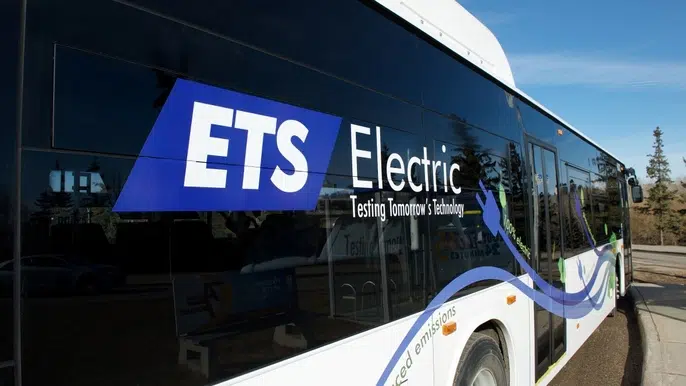
City recognized for smart energy approach
The city of Grande Prairie has been picked as one of six communities to help form a “Smart Energy Communities Scorecard”.
Quality Urban Energy Systems of Tomorrow (QUEST) and Pollution Probe, an environmental non-governmental organization, are looking to develop the measuring system and have launched a pilot project.
Mayor Bill Given says the city is in the early stages of creating a community energy strategy.
“As a municipality, we are always working to ensure that we get the best out of projects that we do. That we have an opportunity to learn from them and improve our practices. The intent of this is to ensure that we are becoming more and more efficient and effective both in terms of limiting our environmental impact, but also, ensuring that we are being as financially responsible as possible,” said Given.